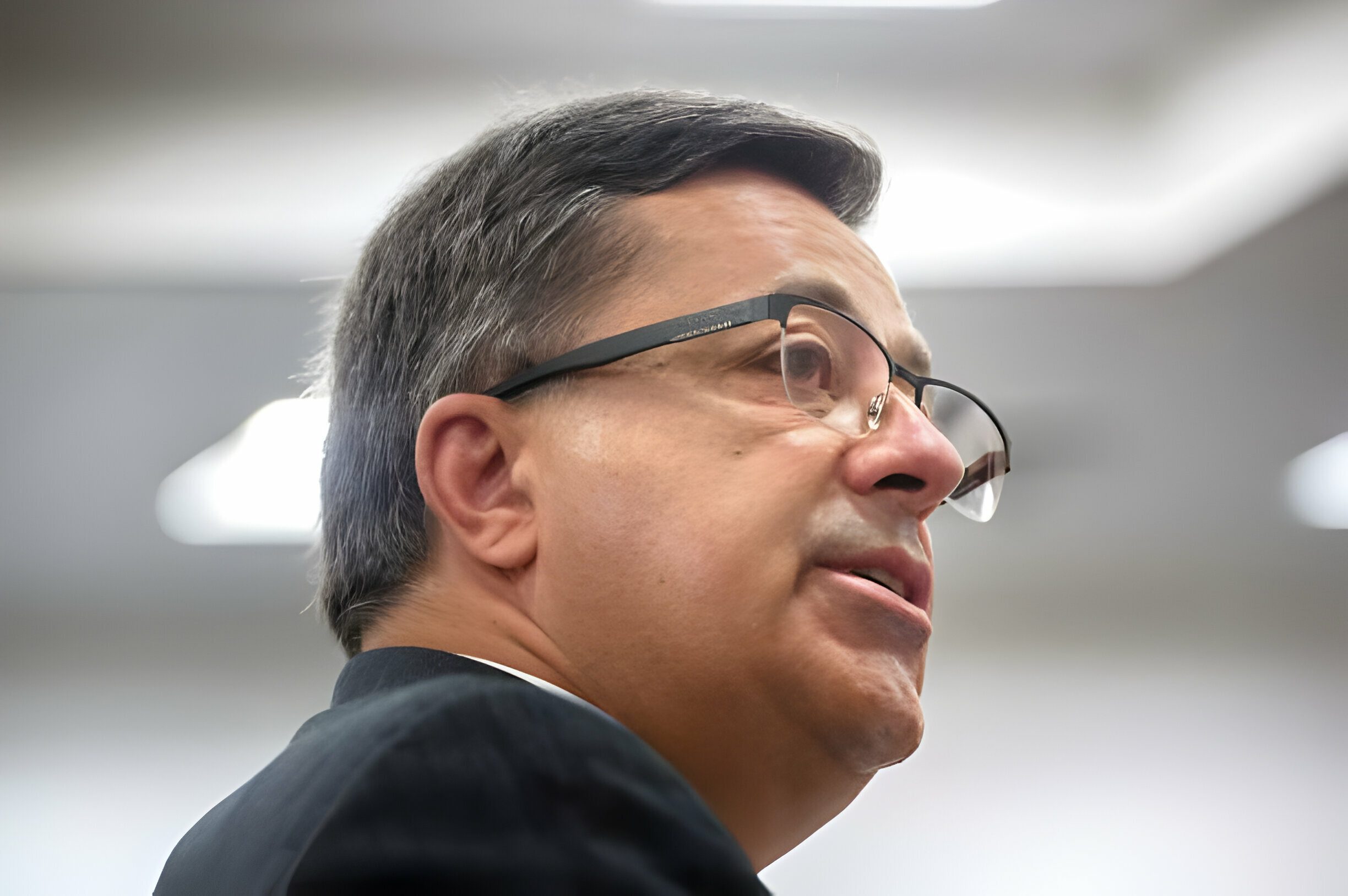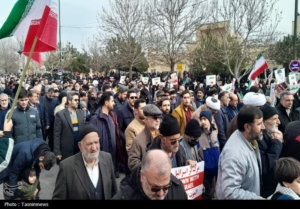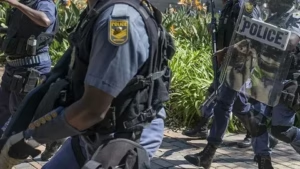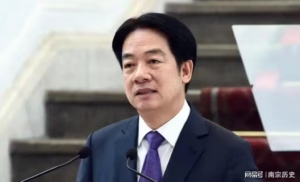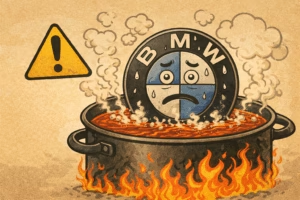Markus Jooste, a name previously synonymous with South Africa’s most significant corporate scandal, has tragically ended his life with a gunshot wound, sources close to the situation have disclosed.
Just a day prior to his death, South Africa’s financial watchdog levied an unprecedented fine on the 63-year-old former CEO of Steinhoff, amounting to R475 million (about $25 million). This penalty was for issuing deceptive financial statements spanning from 2014 to 2017. Amid mounting legal challenges, Jooste faced the potential of being apprehended in South Africa, with an additional fraud-related arrest warrant pending in Germany.
Steinhoff, which held the position of Europe’s second-largest furniture retailer boasting brands such as Conforama in France and Poundland in the UK, found itself in turmoil in 2017 due to accounting discrepancies. This debacle led to a staggering 98 percent plummet in its market value. The following year, creditors assumed control and removed it from the Johannesburg Stock Exchange roster.
Western Cape police spokesperson, Colonel Andrè Traut, revealed that a 63-year-old man had “sustained a gunshot wound” in Hermanus, a picturesque town south of Cape Town, and succumbed to his injuries en route to the hospital. While Traut refrained from naming the individual, he mentioned that “no foul play is suspected,” and an inquiry has been initiated.
Confidential police sources have identified Jooste as the deceased, suggesting the gunshot was self-inflicted.
The Financial Sector Conduct Authority (FSCA) highlighted on Wednesday that Jooste had issued “false, misleading, or deceptive statements” regarding Steinhoff’s operations, engaging in transactions lacking any real financial basis. This deception led the market to overestimate the profitability and financial robustness of Steinhoff International.
In 2019, investigators from PwC uncovered that Steinhoff’s accounts had been artificially inflated through €6.5 billion worth of non-genuine or irregular transactions across a decade. According to PwC, “a small group of Steinhoff Group former executives and other non-Steinhoff executives, led by a senior management executive,” orchestrated these schemes, significantly overstating the company’s financial health for years. It was later confirmed to parliament by Steinhoff’s board that Jooste was the executive in question.
Following the scandal, Jooste stepped down from his role and was subsequently reported to South Africa’s anti-corruption authorities by Steinhoff.
Who was Markus Jooste?
What Does This Mean for Corporate Governance?
In the wake of such profound incidents, questions emerge about the broader implications for corporate governance and accountability. How will this tragedy influence the approach towards financial transparency and ethics in the corporate realm? Moreover, what steps can be taken to ensure such a catastrophic failure in corporate governance does not recur?

